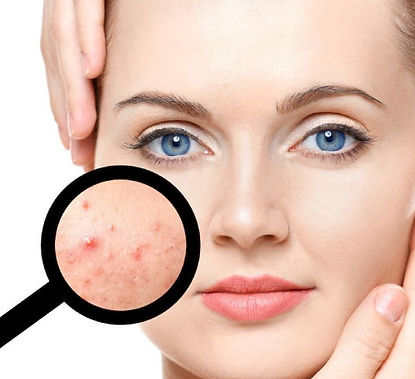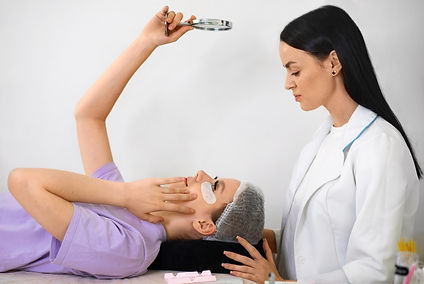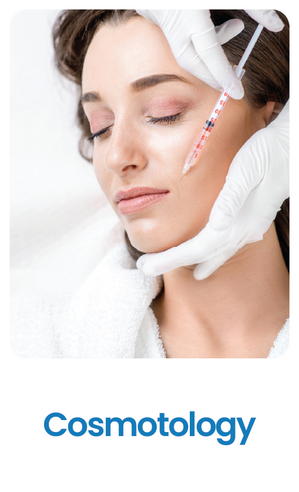Skin Infection Treatment In Bangalore
Skin Infection
Skin infections occur when bacteria, fungi, viruses, or parasites invade the skin, resulting in symptoms such as redness, swelling, itching, and discomfort. These infections can be mild, like athlete’s foot, or more serious, such as cellulitis. Early diagnosis and proper treatment are essential to prevent complications and promote healing. At Surgidrema Hospital, our expert dermatology team provides accurate diagnosis and advanced care for all types of skin infections.

Common Skin Infections We Treat
We specialize in diagnosing and treating a wide range of bacterial, viral, fungal, and parasitic skin infections, including:
-
Bacterial Infections: Impetigo, cellulitis, folliculitis
-
Fungal Infections: Ringworm, athlete’s foot, candidiasis
-
Viral Infections: Herpes simplex, shingles, warts
-
Parasitic Infections: Scabies, lice infestations
Symptoms to Watch For Skin Infection
If you experience any of the following symptoms, it’s important to seek medical attention:
-
Redness or swelling
-
Itching or burning
-
Pus or drainage
-
Pain or tenderness
-
Fever (in severe cases)
-
Rash that spreads or worsens

Diagnosis and Treatment

At Surgidrema Hospital, we use state-of-the-art diagnostic tools including:
-
Skin cultures
-
Biopsy (when needed)
-
Dermatoscopy
Our treatment approach may involve:
-
Topical or oral antibiotics
-
Antifungal or antiviral medications
-
Wound care and drainage (for abscesses)
-
Patient education for prevention and hygiene
Prevention Tips
Preventing skin infections involves basic hygiene and self-care:
-
Wash hands regularly with soap and water
-
Avoid sharing personal items (towels, razors, etc.)
-
Keep skin clean and dry, especially in folds and moist areas
-
Wear loose, breathable clothing
-
Treat minor wounds promptly







